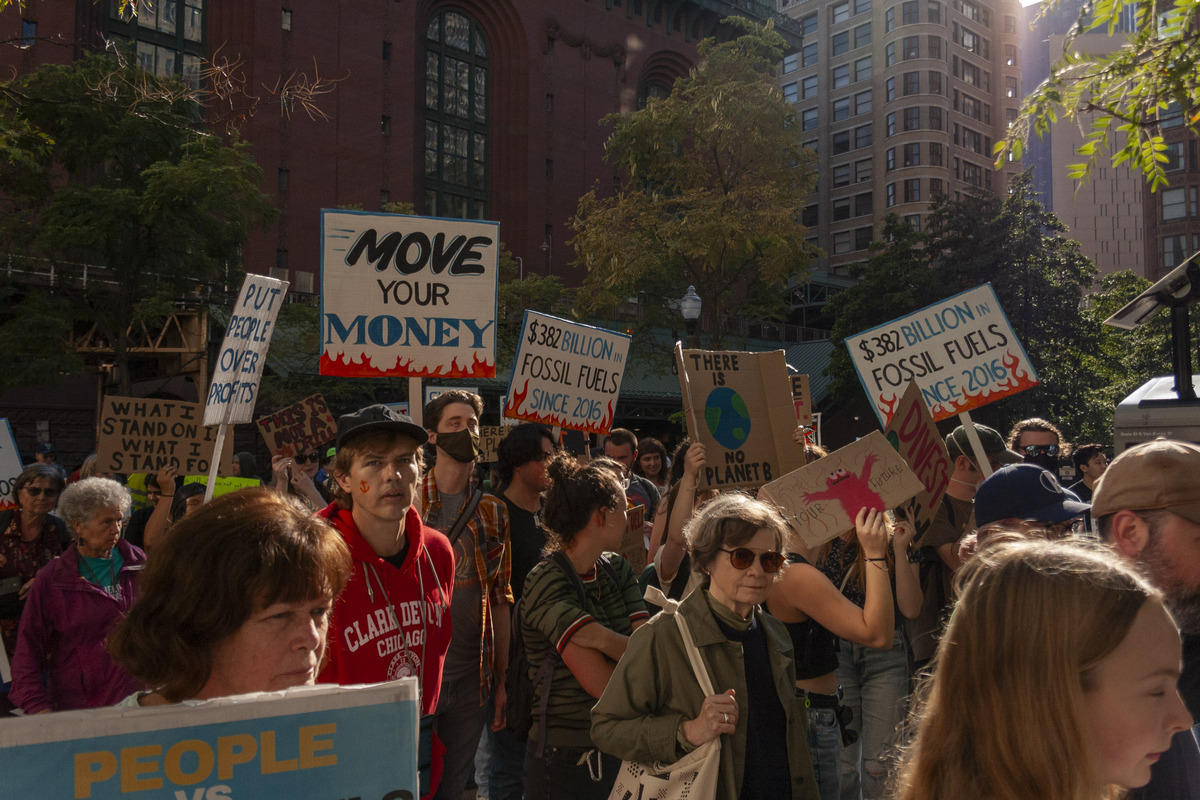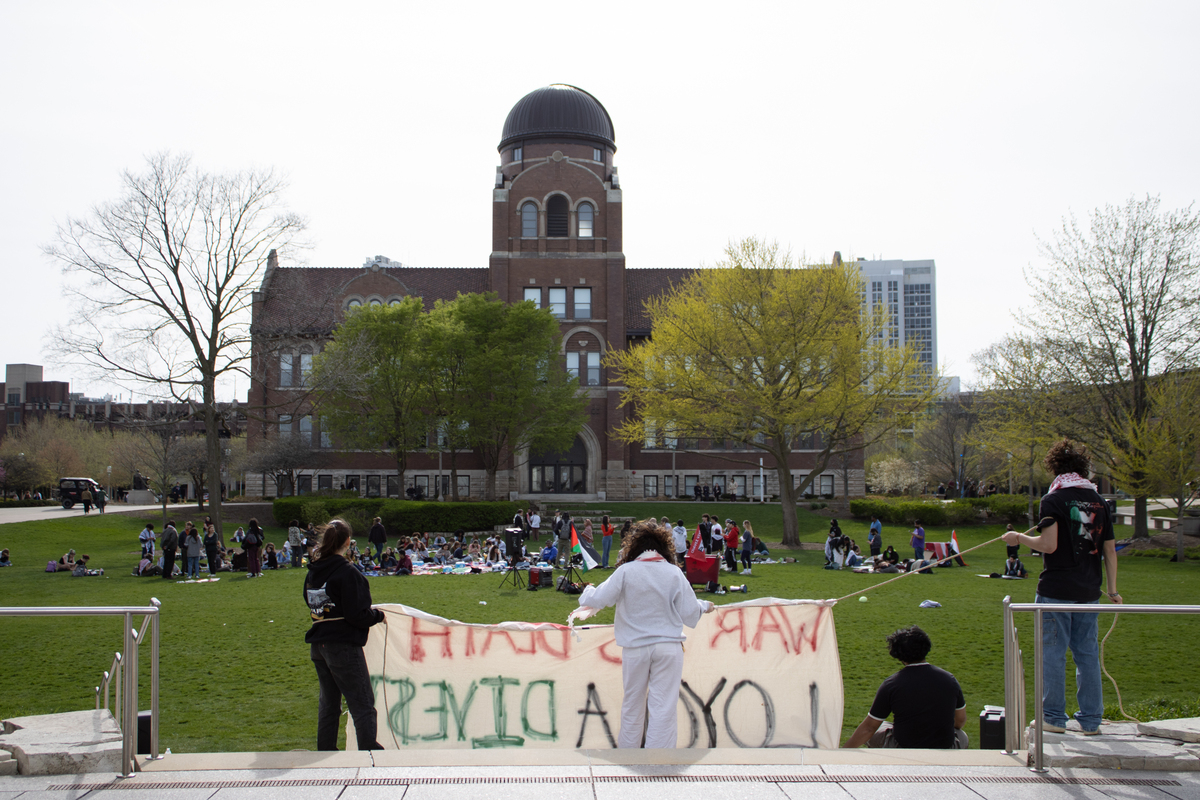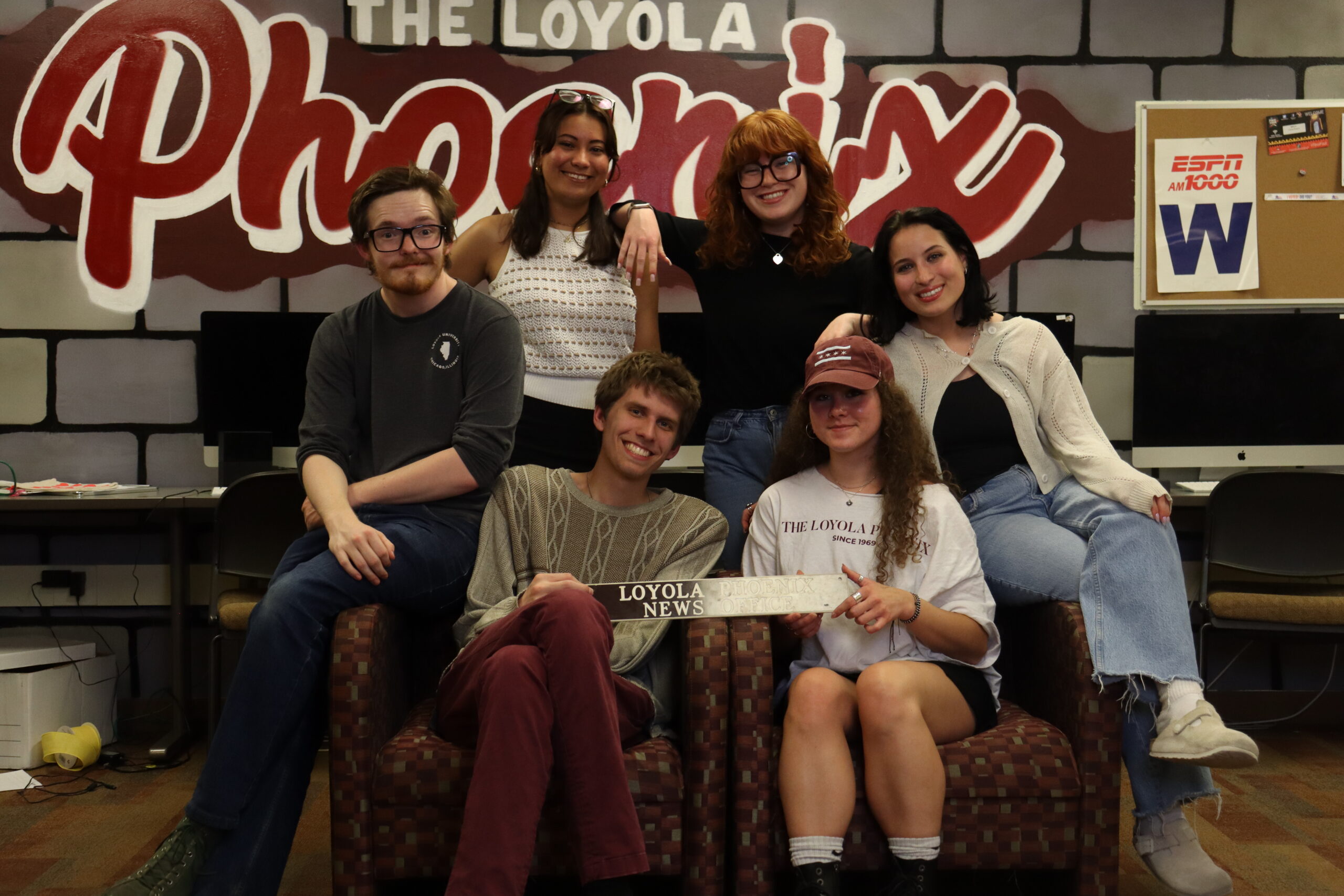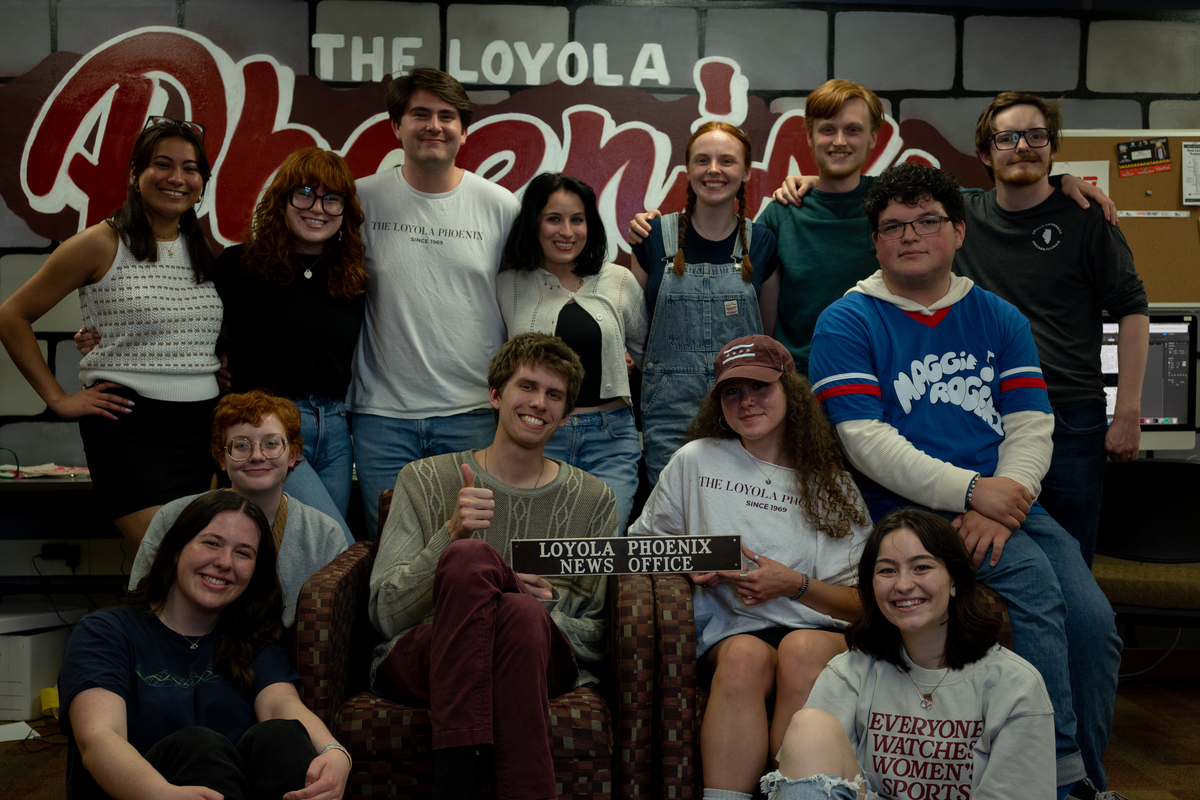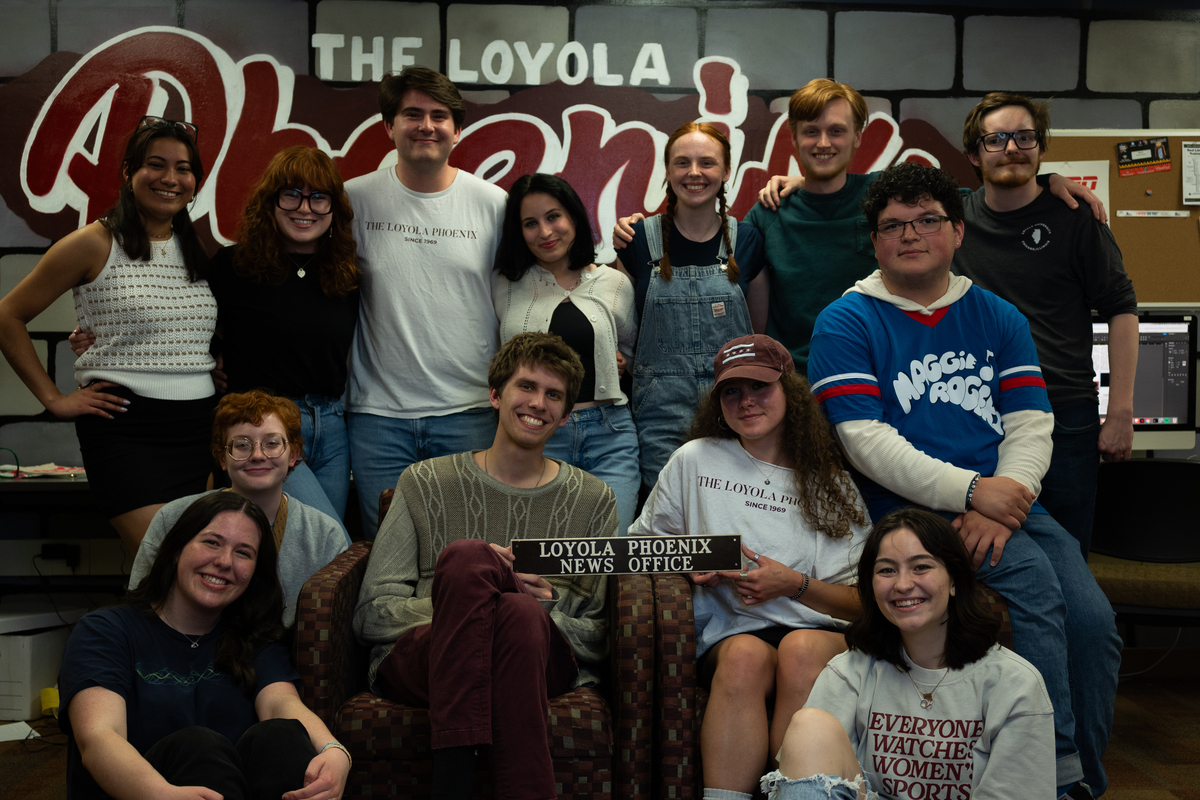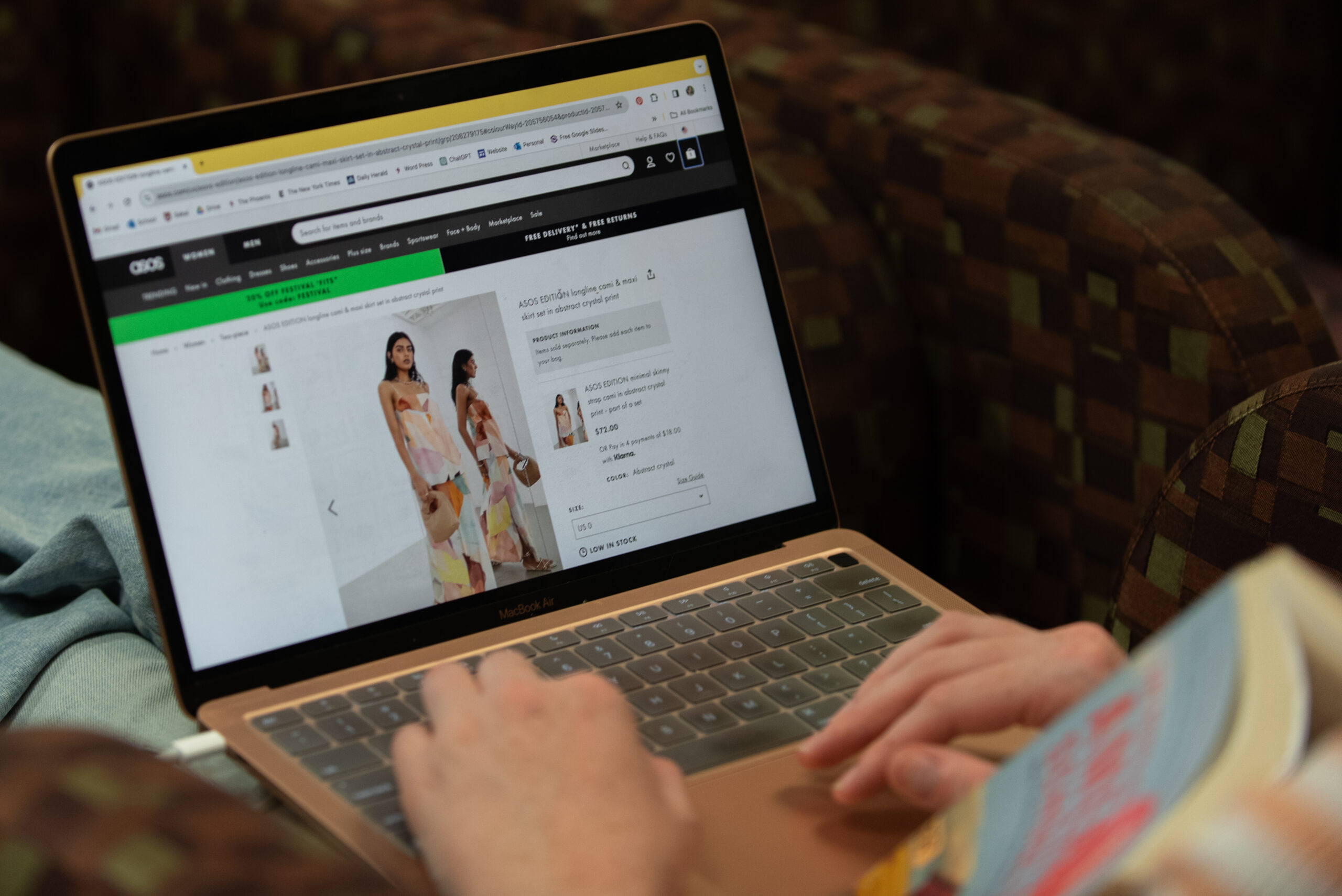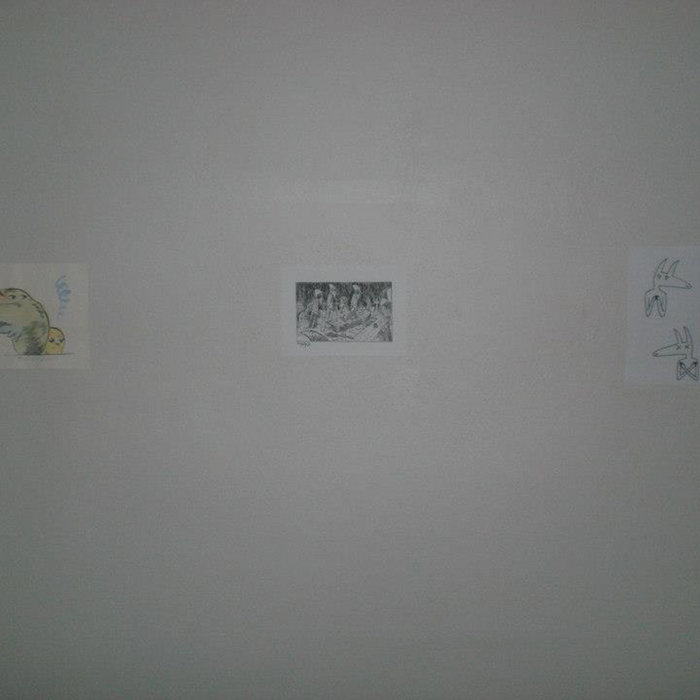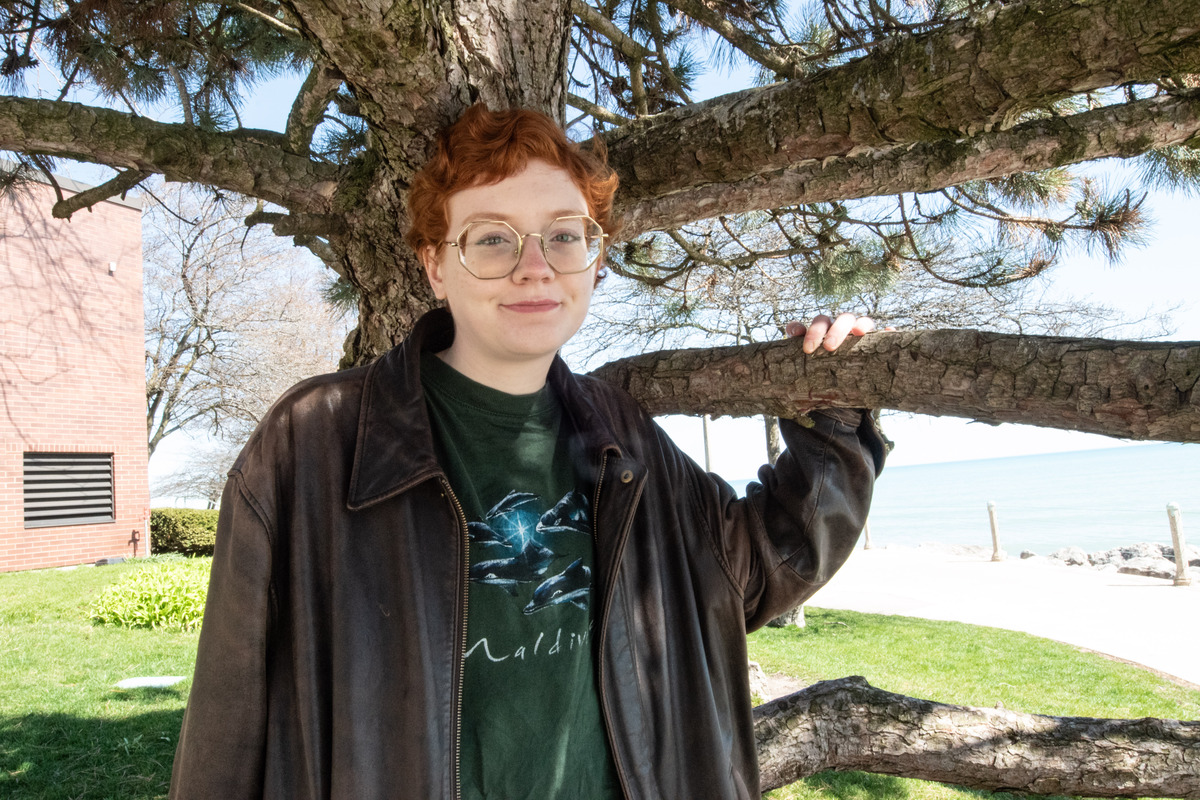Loyola students spoke to The Phoenix about the issues that matter to them in Chicago’s mayoral election.
Loyola Students Discuss Candidates and Issues Defining Chicago’s Upcoming Mayoral Election

Chicago’s 2023 municipal elections are approaching, with mayoral and aldermanic candidates facing-off in the first round of voting Feb. 28. Nine candidates, including incumbent Lori Lightfoot, are competing to win the mayor’s office for the next four years.
The Phoenix spoke to Loyola students about the upcoming contest and the issues most important to them in this election.
William Wade, a first-year majoring in psychology, said homelessness is a major issue to him. He pointed to large encampments he sees while running along Lakefront Trail as a sign the city’s government needs to provide better support for those who are unhoused.
Wade said cold temperatures further increase the need for an adequate plan from the city.
“I feel like there are better ways to deal with [homelessness], especially with the climate in the winter time,” Wade said.
Chicago has an estimated unhoused population of 65,611, according to a 2022 report by the Chicago Coalition for the Homeless.
Wade said solutions from the city should include increased welfare, ensuring job opportunities are available and improving social work by having workers speak directly to unhoused people.
All of the mayoral candidates have laid out their plans to address Chicago’s affordable housing crisis at the time of publication.
Sophomore Maddie Nielsen said a plan to address homelessness and mental health would be a major factor in who she votes for.
“I just think homelessness and mental health issues are a big problem in our community and I don’t think they’re being addressed as well as they should be,” Nielsen said. “I’m a psychology major, so I’m pretty passionate about mental health. I would say if someone running for a position were to use that as part of their platform, I would definitely heavily consider voting for them.”
Crime and public safety were the most commonly cited issues that respondents said candidates should address in a survey by WBEZ and the Chicago Sun-Times.
Andrea Hoppe, a first-year criminal justice major, said police funding should be reallocated to education and healthcare.
“I think we’re already giving a lot of money to officers, so defunding them and putting it into resources that can help people prosper in communities is really important to me,” Hoppe said.
Chicago’s 2023 police budget is $1.94 billion, a $64 million increase from last year, according to the city’s 2023 budget overview.
Samuel Ufford, a junior majoring in sociology, said he supports reducing police funds. He pointed to investments in affordable housing as an alternative to police expenditures.
Ufford said he finds how Lightfoot frequently sides with the police unfortunate, but also said he thinks she’s unfairly targeted in personal attacks due to her status as a gay, black woman.
Lightfoot has often sided with the Chicago Police Department as mayor, including last October when she backed its decision not to fire an officer with ties to the Proud Boys, according to WTTW.
Bella Giudice, a junior majoring in multimedia journalism, said issues in Chicago Public Schools are important to her. She pointed to the replacement of public schools with charter schools in the city.
Public school investment has been linked to a reduction in adult crime, according to a 2022 study from the University of Michigan.
Giudice also said she wants to see the city transition away from having the mayor appoint members of the school board, a process she described as “corrupt.” A state law passed in 2021 established a gradual transition to a fully-elected Chicago Board of Education, a policy Lightfoot supported during her 2019 campaign before backtracking in office, according to the Chicago Tribune.
Giudice described Lightfoot as flawed, but compared the mayoral race to the 2020 presidential election as being a “lesser of two evils” decision.
Hoppe said preserving access to abortion in Chicago would also influence her candidate choice because it’s illegal in her home state of Wisconsin.
“Making sure we’re getting good access to clinics here, like for Planned Parenthood, for a woman, I think is important,” Hoppe said. “Where I’m from, it is illegal to get an abortion, so I think it’s really important to have that access here in Chicago.”
The Supreme Court’s overturning of Roe v. Wade last year allowed Wisconsin to ban abortion under a state law originally passed in 1849, according to a report by the Wisconsin Legislative Reference Bureau.
Nicholas Hanscom, a first-year English major, said he’d like to see candidates put more thought into environmental issues. Ian Stagaman, a first-year international business major, said environmental policies like a carbon cap would appeal to him.
Six of the eight candidates who participated in a mayoral forum on Feb. 7 said they would re-establish the city’s Department of Environment, which was abolished in 2011 under former mayor Rahm Emanuel. Lightfoot and one other candidate, businessman Willie Wilson, haven’t committed to bringing the department back, according to WTTW.
Chicago’s Department of Environment developed sustainability programs, regulated utilities, enforced environmental protection laws and promoted waste reduction initiatives, according to a document from the city’s website.
Hanscom said protection of the environment is an important policy issue to him because of his appreciation for nature.
“I’ve always loved nature,” Hanscom said. “I have a strong connection with it. I love hiking and exploring it. I’ve just always been really attached to it, so anything that has to do with the environment, that’s a big factor I take into consideration.”
Mashal Shoaib, a junior majoring in psychology, is on the board of Loyola’s Pakistani Student Association. She said her status as a Muslim and first-generation American make equality for minority groups a priority issue to her.
“I think it’s important because personally I come from a very diverse background,” Shoaib said. “I’m also an immigrant, my parents are immigrants, and I’m first generation going to school here. I’ve always just been involved in making sure I stand out and represent, whether it’s my religion, my culture, whether it was in high school or here at Loyola.”
Loyola Votes is a student-led group that works to register students and encourage them to vote. It operates in conjunction with the Loyola University Public Engagement (LUPE) Task Force, which also includes faculty and staff. The groups have worked this election cycle to spread awareness through flyers, but have not held large tabling events as they do for national elections.
Scotty Monteith, a sophomore majoring in environmental policy who runs Loyola Votes, said organizing students is harder for the mayoral race.
“It’s hard to do outreach with this election just because it’s only for Chicago, and so you have to change your registration to Chicago,” Monteith said. “A lot of people like being registered in their home state, so it’s a little more difficult.”
Monteith, who is keeping his registration in his home state of Kentucky due to its upcoming gubernatorial election, said the proximity between the start of the semester and Chicago’s election day is another factor making outreach to students more difficult this election cycle.

Tori Golden, the circulation and collection services manager at Loyola University Libraries and a representative for LUPE, said she found many students last semester were already registered to vote. She said the group’s efforts have become more informational, focusing on online resources that help students determine when and how to vote.
Voter information can be found on Loyola Votes’ website and Instagram page @loyola_votes. Student voter registration reached 85% in 2020, according to a Loyola Votes report.
Centennial Forum will be a polling location on election day, according to Golden.
Featured Image by Austin Hojdar



